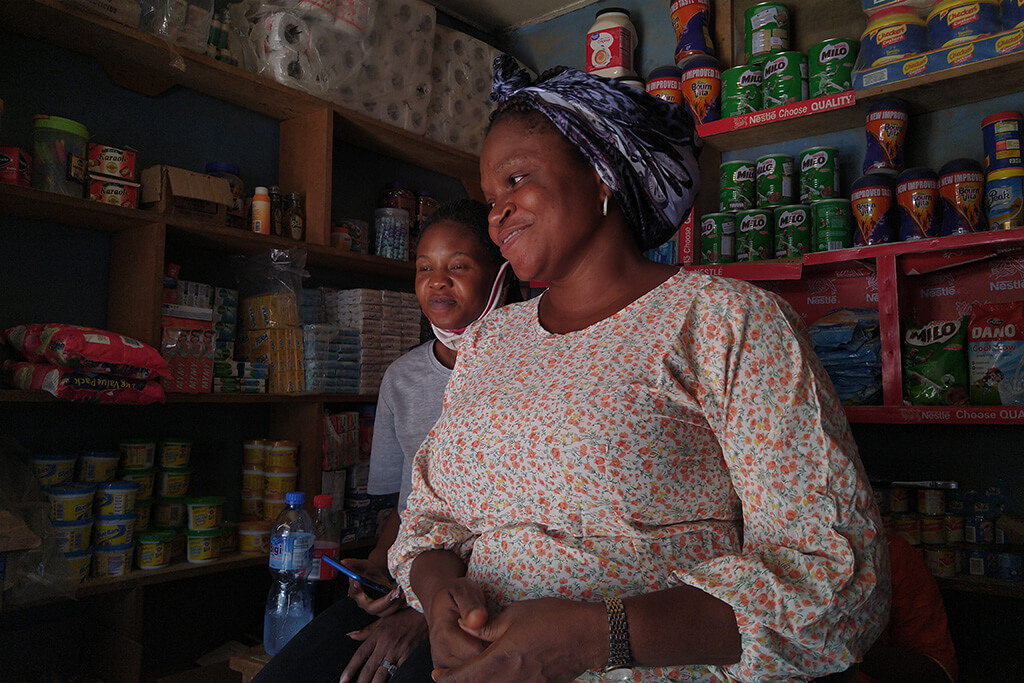Although the results in all three cities revealed similar concerns about drivers as well as women’s worries about verbal sexual harassment and other safety issues, what that looked like in each place and for each demographic was highly variable. As these commonalities can be explored further on a broader level, the workshops in each city revealed potential solutions that could vary based on the geographic location and situation. What appears to have been a solution in Nairobi — the digital payment app — may not resolve the issues women face in Gauteng, where drivers vary their price based on the person.
“From an urban or transport planning perspective, the kind of data collected for this study should be a prerequisite for any Sustainable Urban Mobility Plan or National Urban Mobility Plan.” To that end, these more individualized approaches to data collection provided researchers with interesting insights in each of the three cities.
Read more on how the results varied from location to location in the third part of our blog series: Travel Fatigue: Women’s Tiring Experiences with Public Transport





